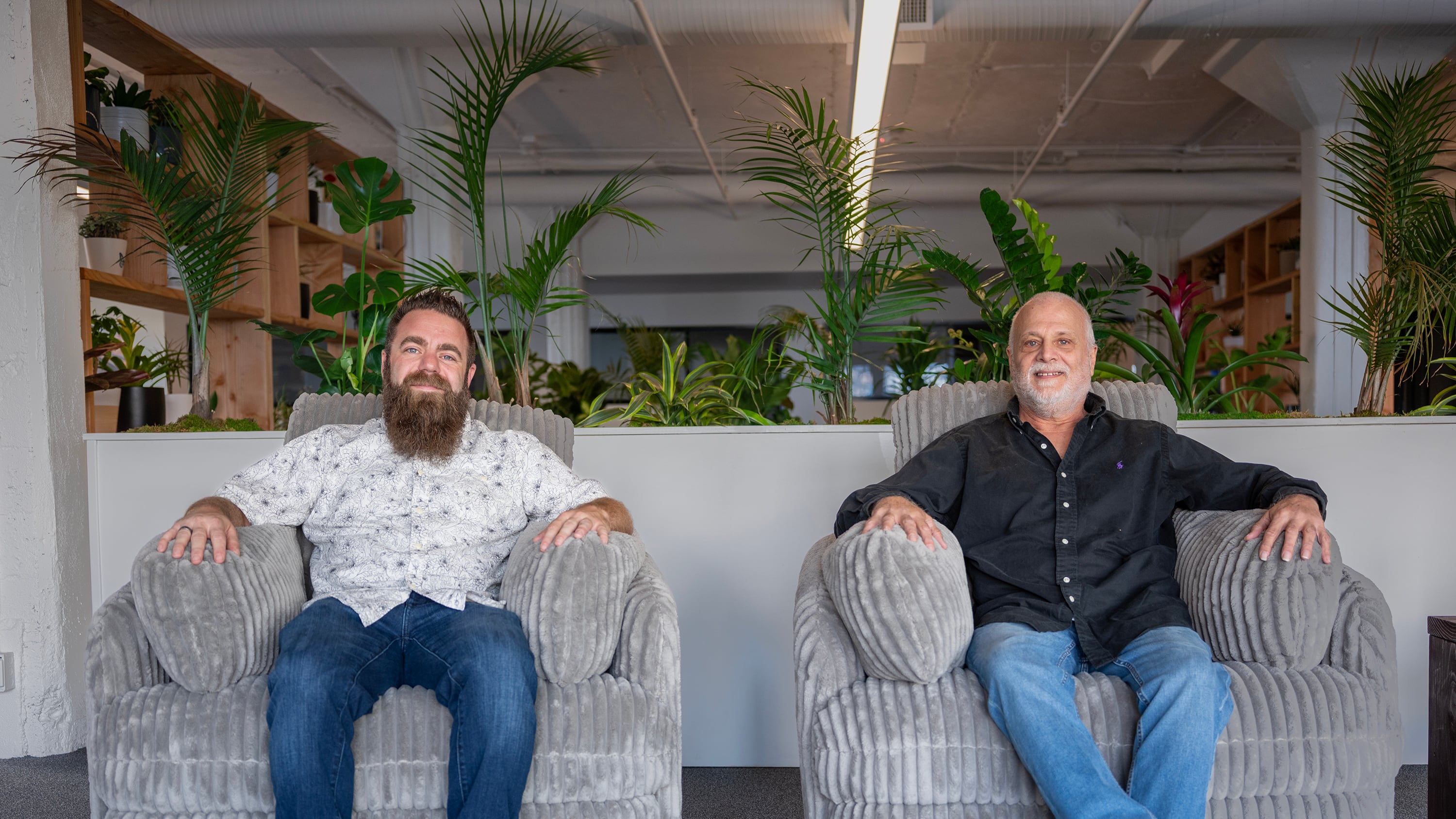Two publicly traded companies betting on a boom in Oregon’s legal psychedelic mushroom program have taken their chips off the table.
Kaya Holdings Inc., owner of the 11,000-square-foot Sacred Mushroom service center in Portland’s Old Town, is pivoting from mushrooms to cryptocurrency.
Silo Wellness, which had planned to build what it hoped would be the biggest psilocybin retreat in the world in southern Oregon, submitted paperwork this week with regulators in Canada, where its stock trades, to become a defense company.
Shares in both companies cratered as they pursued an elusive shroom boom.
Kaya CEO Craig Frank says the Sacred Mushroom will remain open, but Kaya, its Florida-based parent company, will sell its stake because a large Kaya shareholder had a death in the family and is “itchy” for a better return.
The business is “not conducive” for a public company that has to make money for shareholders, Frank said in an interview. “It’s too long term, it’s too regulated.”
Kaya made a splash in the psilocybin world when it opened what might be the largest service center in Oregon and announced plans to go beyond quiet sessions where clients don eye masks and headphones and go inward.
The Sacred Mushroom, by contrast, offers spa-like amenities and planned to pitch the the space for corporate retreats, Halloween, even the Super Bowl, according to a WW feature story published in August 2024.
Crypto would be at least the third business that Frank has slotted into a shell company that trades for pennies on public markets. In 2010, the company—then called Alternative Fuels America—tried making biodiesel from the Costa Rican jatropha tree, then thought to be a wonder crop.
When Oregon legalized cannabis for recreational use in 2014, Frank pivoted. He changed the name of the company to Kaya, a Jamaican slang term for weed.
Frank says Kaya would have stuck with mushrooms but for the death in the investor’s family. “Otherwise, we would have waited it out,” he says.
Instead, Kaya is jumping into crypto by developing a “digital assets treasury strategy.” DAT companies, as they’re known, buy up bitcoin and other digital tokens, betting their stock will rise along with their crypto assets.
Silo, meanwhile, is changing its name to Born Defense, a company focusing on “ending forever wars” by achieving peace through strength.
Also, because President Donald Trump is pressing NATO companies to foot more of the bill for their own protection, the global defense market is projected to reach $677 billion by 2029, growing at a compound annual rate of 6.4%, Silo says.
Silo’s plan to build a 960-acre shroom retreat in rural Oregon near Ashland hit a wall in late 2022, CEO Mike Arnold says, when the Jackson County Planning Commission changed land-use laws to confine psilocybin facilities to commercial zones, making the rural property off-limits to psilocybin businesses.
“I really had some big goals in southern Oregon,” Arnold says. “But the fix was in.”
Now, Arnold says he wants to create an ethical defense company that invests in weapons makers that are vetted through the Just War Doctrine. First articulated by Saint Augustine, among others, the doctrine sets ethical parameters for when a nation is permitted to engage in a military conflict.
Arnold, a trial lawyer, says the pivot to defense is logical. He got into psychedelics, in part, to help veterans deal with trauma. Now, he aims to prevent that trauma in the first place by stopping wars before they start.
“I hope our company becomes worthless because there is peace on earth,” Arnold says.

